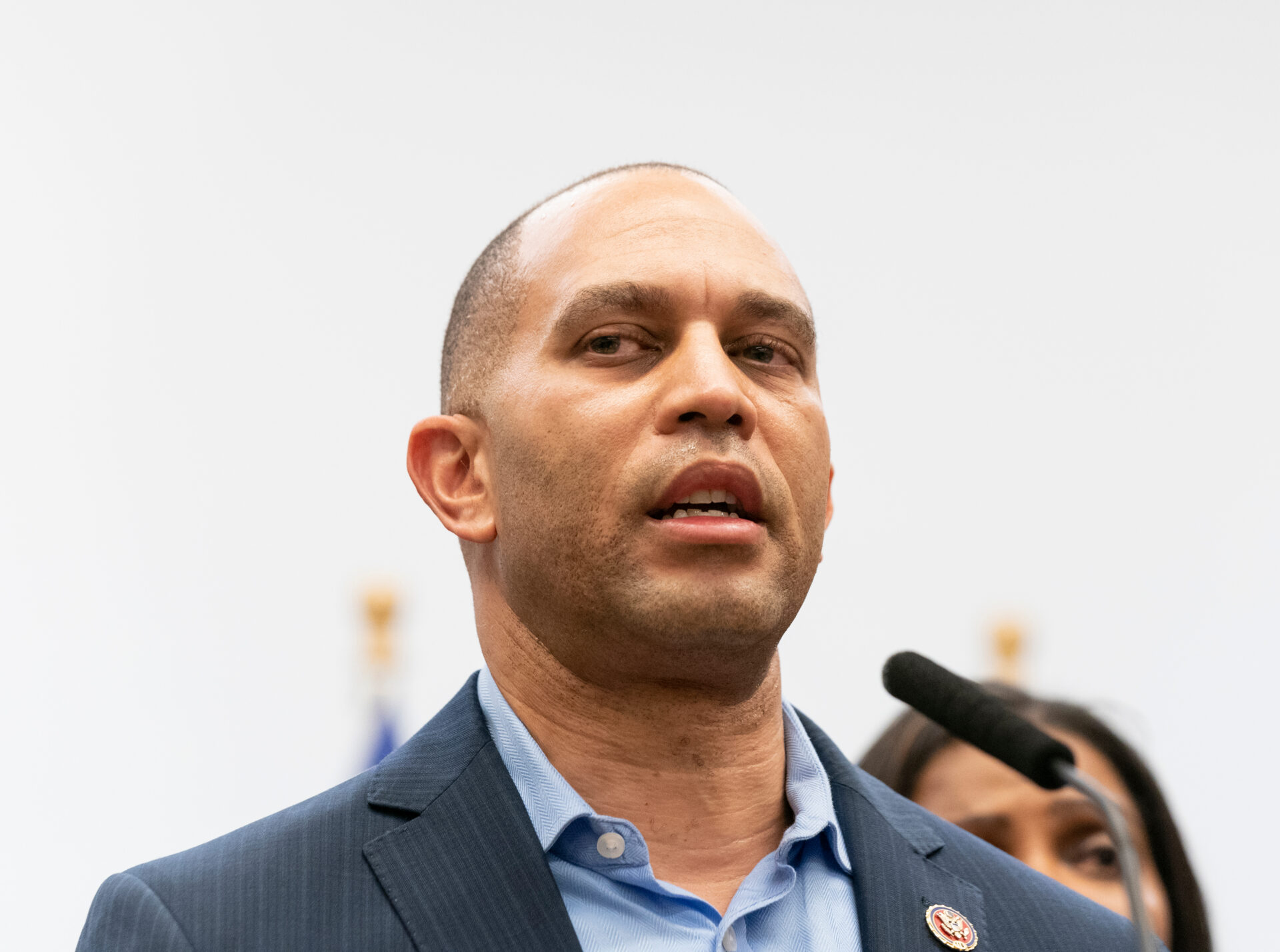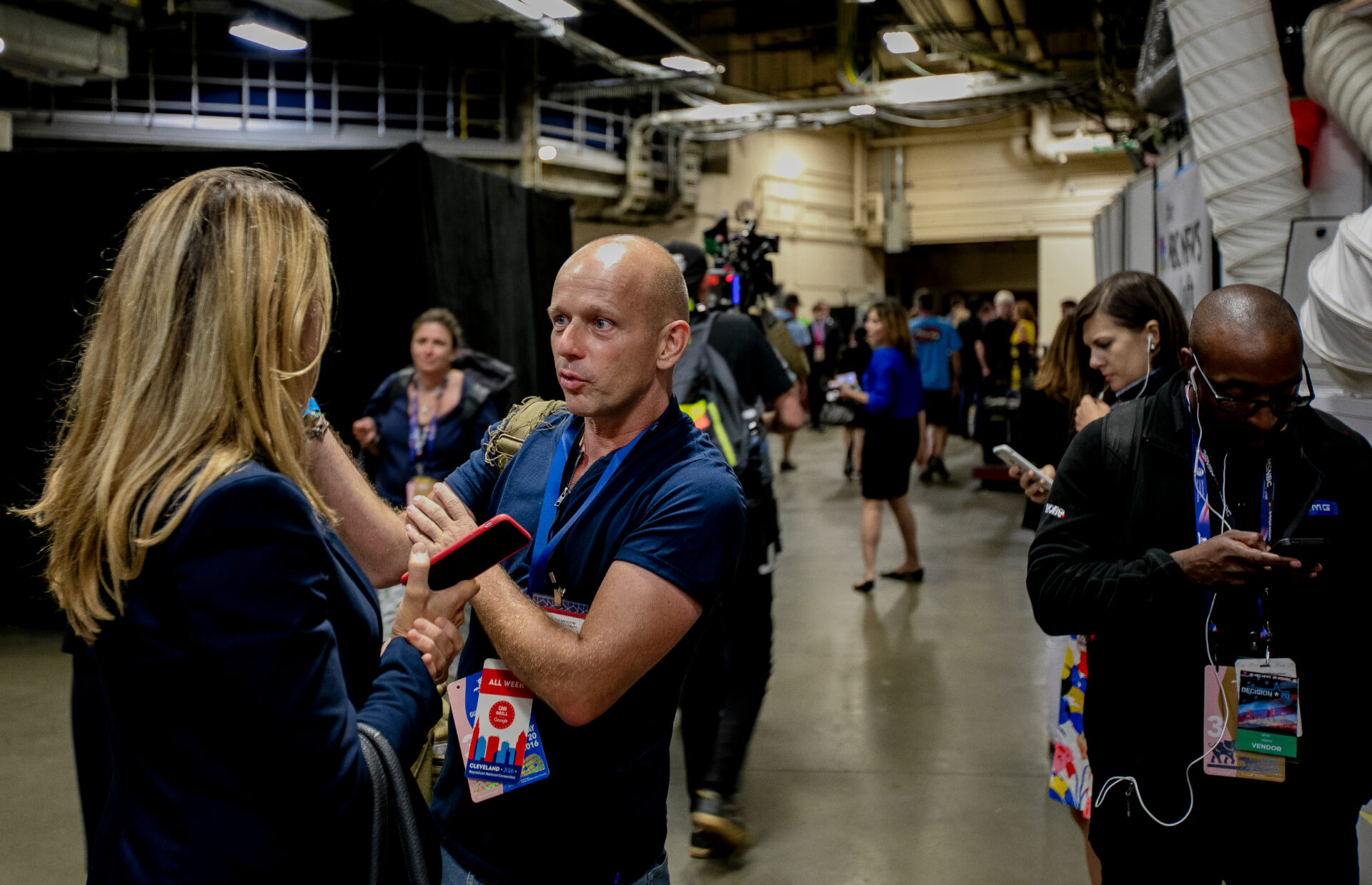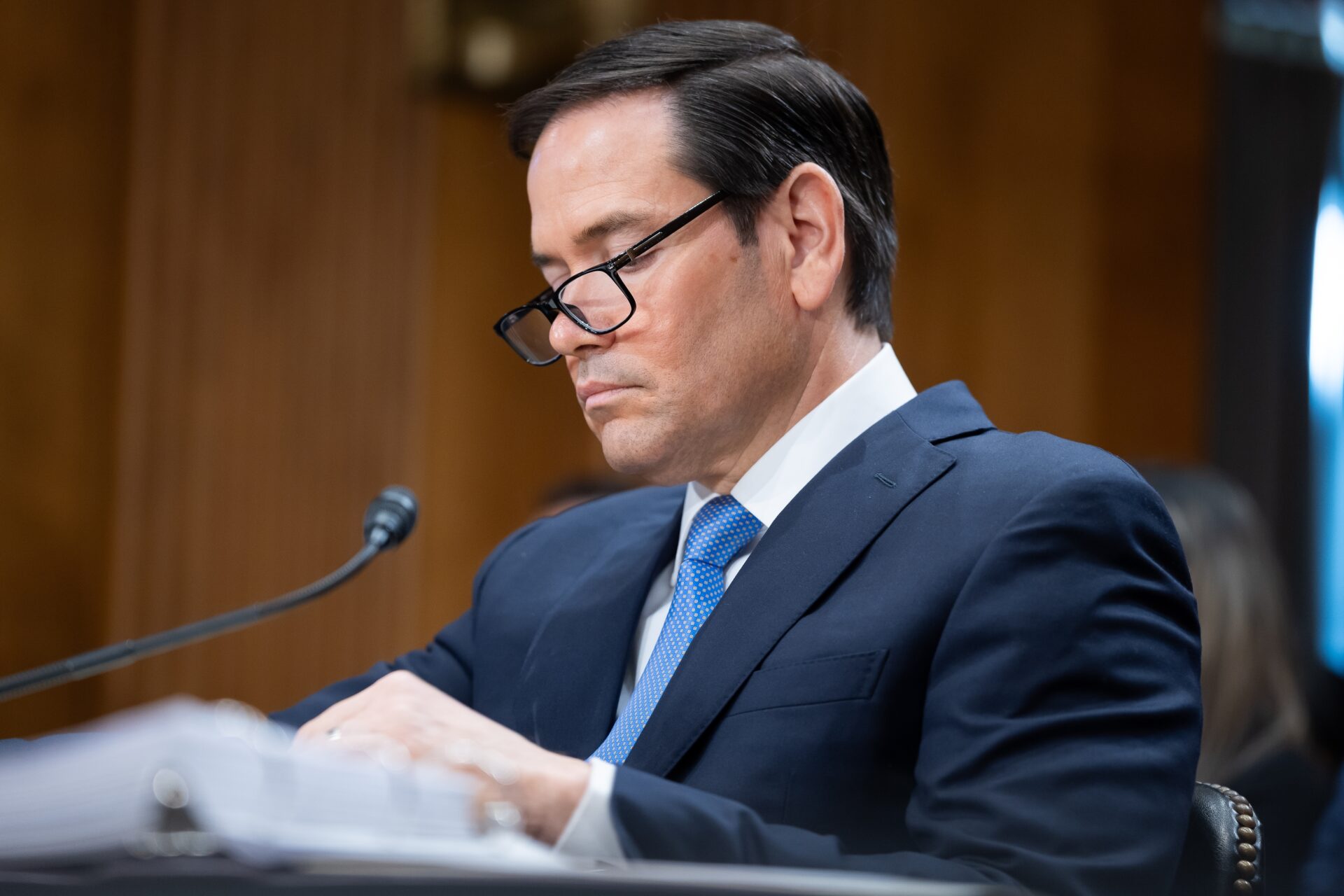
Jeffries on Redistricting & 2026 Elections
On October 26, 2025, House Democratic Leader Hakeem Jeffries appeared on CBS’s Face the Nation, where he addressed claims regarding attempts to influence the 2026 midterm elections through gerrymandering. The interview, conducted by host Margaret Brennan, focused on Jeffries’s use of the term “rig” in relation to redistricting efforts by Republican-led legislatures. This discussion has prompted varied reactions from the public and media, contributing to ongoing debates about election integrity and political rhetoric.
Story Highlights:
- House Democratic Leader Hakeem Jeffries accused Republicans of attempting to influence the 2026 midterms through redistricting.
- CBS’s Margaret Brennan questioned Jeffries on his use of language previously criticized by Democrats when used by former President Trump.
- The interview generated discussion among media and legal experts regarding potential bias and the impact of political rhetoric on voter confidence.
- The controversy has intensified discussions surrounding election legitimacy, media impartiality, and the use of divisive language in the lead-up to the 2026 elections.
Democrats and Republicans Address Election Rhetoric
On October 26, 2025, House Democratic Leader Hakeem Jeffries was interviewed on CBS’s Face the Nation, where host Margaret Brennan questioned him about his recent statements alleging that Republicans and former President Trump were attempting to “rig” the upcoming 2026 midterm elections through gerrymandering. Jeffries reiterated his position, stating that GOP-led legislatures were manipulating congressional maps. This stance has been noted by observers due to Democrats’ previous criticisms of similar language used by Trump following the 2016 and 2020 elections.
Democrats plan on RIGGING our system to take back the House
Hakeem Jeffries’ plan is to have a radical liberal Supreme Court judge redistrict the state and get them more seats
THIS IS CRIMINAL. how is this allowed?? GET OUT AND VOTE WISCONSINpic.twitter.com/BGnHV9Bgwb
— Wall Street Apes (@WallStreetApes) March 29, 2025
Brennan’s interview became a subject of media attention. She challenged Jeffries on the implications of using rhetoric that Democrats had previously stated undermined faith in democratic processes. Jeffries clarified that his use of “rigged” specifically referred to redistricting, not widespread fraud. Some viewers and commentators have highlighted this distinction, while others have pointed to the use of similar terminology by both political sides. Critics suggest that the normalization of such terms, regardless of origin, could contribute to a decrease in public trust in the electoral system.
Media and Legal Perspectives
The interview’s aftermath included responses from various figures. Democratic election lawyer Marc Elias and others expressed criticism of CBS’s handling of the exchange, advocating for increased support for media outlets that challenge political leaders. Conversely, some Democrats defended Jeffries’s statements as a response to GOP redistricting. Media observers and legal experts have cautioned that such language, irrespective of its source, has the potential to impact public confidence in elections. The situation underscores challenges faced by media organizations in balancing accountability with the potential amplification of political narratives.
Republican leaders and conservative commentators observed the use of similar rhetoric by Democrats, who had previously accused Trump of undermining democratic processes with comparable claims. They suggest that both parties may be contributing to a cycle where election outcomes are dismissed as “rigged,” which could affect the rule of law and the perceived legitimacy of future elections. Discussions surrounding government operations and partisan tensions are ongoing, with rhetorical exchanges viewed as having potential implications for civic engagement and trust in American institutions.
Gerrymandering and Election Legitimacy Debates
A central aspect of the discussion is the ongoing issue of gerrymandering, which involves drawing electoral districts to favor a particular political party. Both Republicans and Democrats have faced accusations of manipulating electoral maps, with recent legal and political disputes occurring in states such as Texas and New York. Jeffries’s assertion that only GOP actions constitute “rigging” was met with skepticism by Brennan, who noted instances where Democrats have also benefited from favorable redistricting. This exchange has drawn attention to perceived selective outrage and political tactics, particularly among voters who prioritize governmental fairness and constitutional principles.
The debate remains active, with legal challenges to redistricting continuing in various courts and both parties exchanging accusations. The increasing use of “rigged election” terminology has raised concerns among academics and journalists regarding the stability of democratic norms. As the 2026 midterms approach, there is a recognized risk that public trust, which has been influenced by partisan disagreements and media controversies, may be further eroded, potentially complicating efforts for public consensus on election results.
Long-Term Implications: Trust and Division
The immediate impact of Jeffries’s interview has been an increase in political tension and mutual accusations between political parties and media outlets. In the longer term, the adoption of election-related rhetoric by both sides may lead to a desensitization among voters regarding legitimate concerns about election administration and oversight. Experts suggest that if every election loss is framed as illegitimate, public confidence may diminish not only in political leaders but also in the democratic system itself. This development is considered a matter of concern for those who value individual liberties, constitutional order, and the integrity of the republic.
For individuals with conservative viewpoints, the situation underscores the perceived need for vigilance in safeguarding principles and institutions related to free and fair elections. Recommendations include media accountability, transparency in redistricting processes, and a return to reasoned discussions on election policy as steps toward restoring trust. The recent controversy serves as a reminder of the potential consequences when political expediency is prioritized over foundational values, a consideration for all citizens as the nation approaches another significant election year.
Watch the report: Hakeem Jeffries Accuses Trump, GOP Of ‘Trying To Rig The Midterm Elections’ Through Gerrymandering
Sources:
CBS Faces Backlash After Jeffries Interview Sparks Media Storm
House Minority Leader Jeffries Grilled on Rigged Election Rhetoric in Fiery Exchange Over Gerrymandering Claims
Johnson Says He Told Jeffries Protesting
CBS’s Brennan to Hakeem Jeffries: Doesn’t Saying Trump Will Rig 2026 Undermine Faith in Elections?
CBS’s Brennan to Hakeem Jeffries: Doesn’t Saying Trump Will Rig 2026 Undermine Faith in Elections? (Comments)


